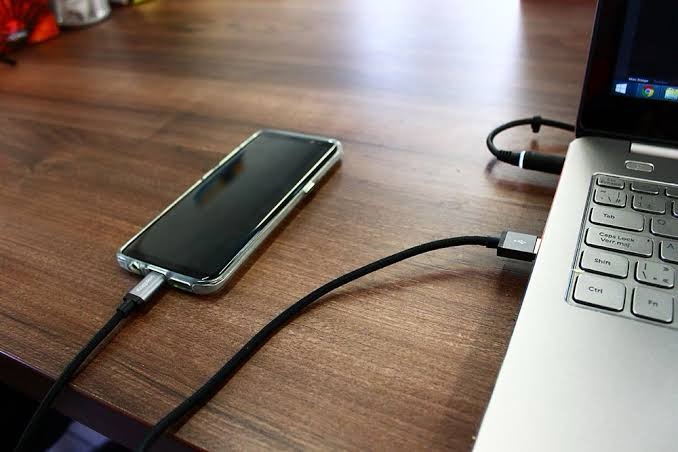There are a couple of Android 12 privacy settings which you should update right away.
Towards the end of October, Google published the first public version of its Android 12 operating system—but not for everyone. It started with Google Pixel phones and is progressively making its way to other manufactures’ phones. Samsung has made it accessible for its Galaxy flagship phones, and OnePlus, Oppo, and Realme are expected to follow suit in the following weeks.
Although the new features in Android 12 aren’t the most significant, Google has incorporated a slew of privacy and security enhancements. They don’t go quite as far as the latest iPhone privacy settings when it comes to securing your data, but they’re still worth investigating.
Several of the latest Android updates will work behind the scenes, such as snoozing apps that haven’t been used in a long time and making location data less exact. Other modifications, on the other hand, are well worth the five minutes it takes to investigate. While you’re updating your phone, make sure the rest of your privacy settings are closed down as well—after all, Google is based on personal data and targeted ads.
The Top Android 12 Privacy Settings to Update Right Now
The following are the most important privacy settings in Android 12 that you should change right immediately.
Take Use of the Privacy Dashboard
Much of the most significant privacy improvements in Android 12 revolve around the permissions you grant to your phone’s apps. Apps can request access to your camera, contacts, files, location, microphone, and a variety of other sensors and data sets on your device when you install them.
A few of these permissions are required for apps to function properly. However, not all apps require access to all types of data; for example, although an AR app would almost certainly require access to your camera to function effectively, a calendar app may not.
Android 12 adds a new privacy dashboard to assist users better understand their permissions. This displays which apps have used your phone’s sensors in the last 24 hours and allows you to refuse them access in the future. It’s a simple method to know which apps on your phone are doing what.
The dashboard may be found by heading to Settings > Privacy and then selecting Privacy Dashboard (equally you can just search for it in Settings). For example, if you tap the calendar permission, you’ll see which apps are permitted to access data from your calendar and which are not. You may adjust the settings for each app by tapping on it individually.
Also there is a chart that shows how permissions have been used in the past. For example, if you open location permissions, you can see a minute-by-minute breakdown of which apps have accessed your location.
Check Microphone and Camera Access
The next thing is that access to the microphone and camera should be checked.
For years, there have been suspicions that Facebook is listening in on your conversations using your phone’s microphone. Although Facebook does track you in a variety of ways, this isn’t the case. One of the new Android 12 privacy options helps debunk the eavesdropping notion even more.
A small green dot will appear in the top menu bar when an Android app is using your phone’s microphone or camera, similar to a feature Apple implemented in last year’s iOS 14 version. Swiping down from the top corner of the screen brings up the Quick Settings menu, where you can immediately disable the app’s camera and microphone access.
While the block is temporary, you may enter the individual app’s permissions from here and make the adjustment permanent.
Your Advertising ID Should be Deleted
Your phone does have its own advertising ID, which enables apps to link data to your device, allowing them to create a profile of you and your interests and then show you personalized ads based on that data. While it has long been possible to opt out of ad personalisation on Android, the improvements in Android 12 make a significant difference.
You can now change your settings to prevent third parties from associating any information to your device by resetting the string of digits that identify you to a series of zeros. While the modification isn’t part of Android 12, it is being rolled out initially on smartphones that run the operating system.
Go to Settings to make the adjustment. After that, go to Privacy, scroll down to Ads, and press Delete advertising ID.
It doesn’t mean you won’t see adverts on your phone; it just means they won’t be tailored to your preferences and personal information.
Cover the Basics of Android Privacy
Whilst majority of Android 12’s new privacy settings are focused on permissions, there are plenty of existing choices that can help you safeguard your data and accounts—and they’re not difficult to modify.
The entirety of Android’s privacy choices may be found in the Privacy section of the Settings app on your phone or tablet. Simple toggles to turn on or off camera and microphone access for all apps; reveal your passwords momentarily as you key them into fields; turn off apps that use your data to customise Android settings; and turn off apps’ access to what’s on your clipboard may all be found here.










